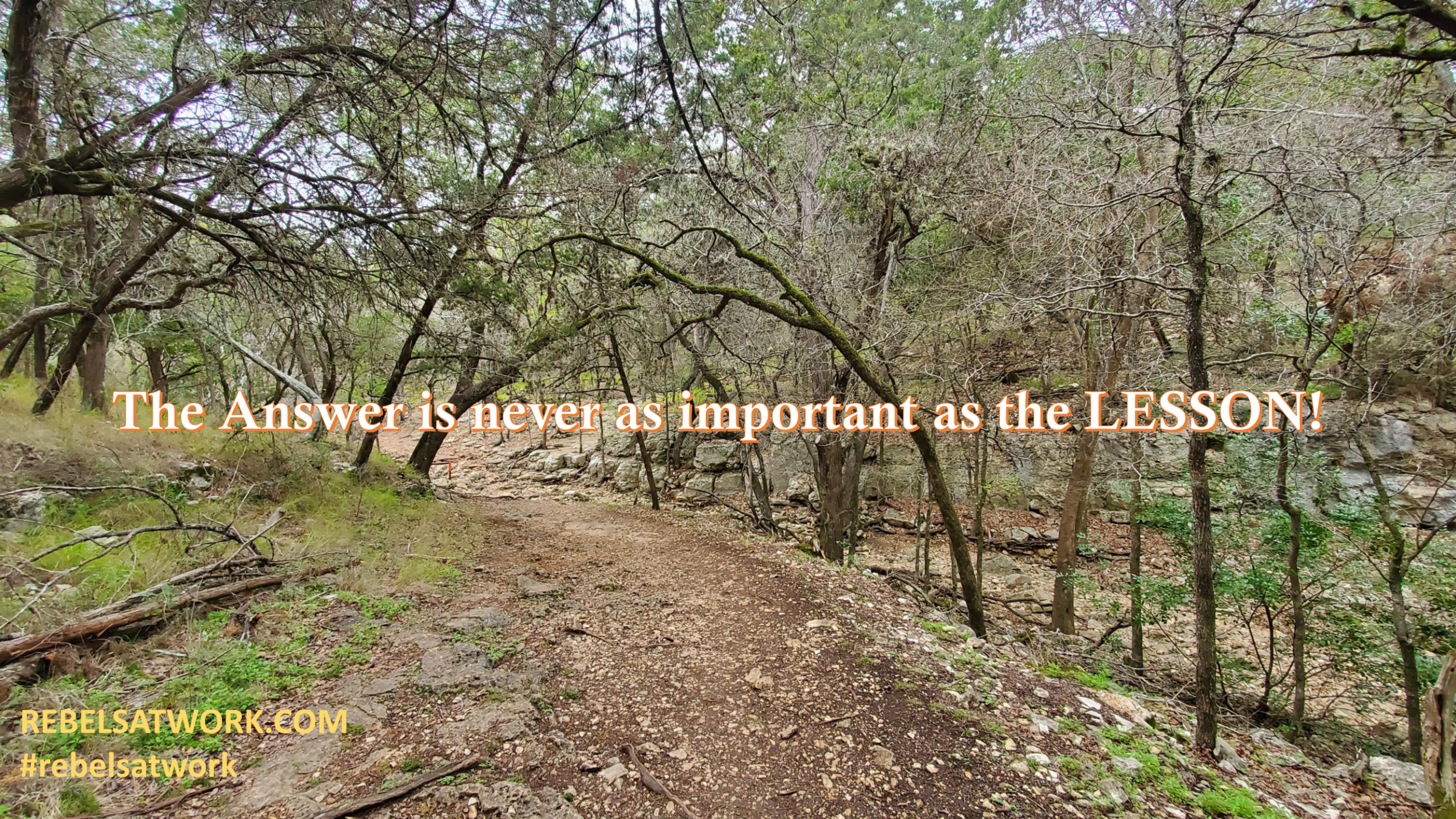Resilient people, resilient organizations
Photo: Azis Acharki, Unsplash
Guest post by Jane McConnell
A resilient organization is made up of resilient people: motivated and energetic people who have a healthy balance between their work and personal lives.
Getting the right balance has long been considered to be an individual challenge. For many years, people who burned out were considered to be weak or unable to control their schedules and pace of working. They themselves felt ashamed. This view is changing: long ignored by companies and people themselves, burnout is now recognized by the World Health Organization (WHO) as a syndrome usually caused by the work context.
Who is likely to burn out?
I have researched a profile in organizations that is similar to Rebels at Work – the gig-mindsetters. I define them as people who work with a gig mindset as opposed to the traditional salaried mindset. They are full-time employees of an organization.
But, they differ because they do not follow the so-called approved ways of working, the “way we do things here”. They take initiatives without asking permission, experiment with new methods, and network extensively keeping their eyes on what’s happening in the external world. They do not hesitate to question the status quo and often come up with new ways to deal with problems and challenges. Management often perceives gig mindsetters as deviants. In reality they are positive deviants, bringing new benefits and value to the organization through new behaviors.
Do gig mindsetters, going up against the hierarchy and traditional ways of working, risk burning out?
Well no, in fact. My research shows that gig mindsetters are in fact more likely to achieve the right balance between work and life because they have a sense of control over their work. I asked the following question of over 300 survey participants: Do you think that people working with more of a gig mindset and attitude find it hard to keep a healthy work-life balance and potentially risk burnouts?
People who self-assessed as having a strong gig mindset broke into two segments: the “yes and” and the “yes but.”
The “yes and” group. Some feel they run the risk of having an unhealthy work-life balance by spreading themselves too thin. They can’t help going the extra mile, which can trigger stress and over-engagement at work. Plus, they need to be highly disciplined to do both their regular jobs and other initiatives they take on. Among the responses from my 2018 gig-mindset research:
“I deeply enjoy my work, and I find myself always thinking about it. Sometimes this means that I’m not as engaged at home as I should be.”
The “yes but” group. Others with high gig-mindset scores feel the gig mindset gives them extra energy, and they are therefore prepared to manage the challenge:
“No. Having this mindset, for me, leads to receiving more energy from the projects I am working on.”
The “no” group. The segment of people with a traditional mindset seemed to envy the gig-mindset people. They feel that a gig mindset brings a decreased risk of overload and burnout, because these people have more control over their lives and feel greater satisfaction with work than do those with a more traditional mindset. Among the responses:
“For some, it can be the way to being happier at work. It can be also very positive for your work-life balance, because you can organize your life with less pressure.”
My research was confirmed from a different angle by a seven-year longitudinal study done by the Indiana University’s Kelley School of Business with a survey population of over two thousand people. You can read about it in the Fast Company article “Study Finds Work-Life Balance Could Be a Matter of Life and Death.” (www.fastcompany.com/3064755/study-finds-work-life-balance-could-be-a-matter-of-life-and-death) The study compares workers in stressful positions with high control with workers in equally stressful situations but with low control. Those with high control have healthier outcomes, even if their work is equally stressful.
Healthy work-life balance makes organizations resilient
The message to management from this research is to stop micromanaging people, and let them set their goals and work methods. Create work environments that encourage people to take initiatives, experiment and network internally and externally. Above all, make it easy for people to question the status quo and listen carefully when they come up with new ways of dealing with problems and challenges. You will end up with a healthy, resilient organization of people with a healthy work-life balance.
––––
Relevant article from my website which includes how the gig mindset builds resilience: https://www.netjmc.com/being-resilient/
––––
Jane McConnell, netjmc.com and @netjmc, is the author of The Gig Mindset Advantage: Why a Bold New Breed of Employee is Your Organization’s Secret Weapon in Volatile Times.




